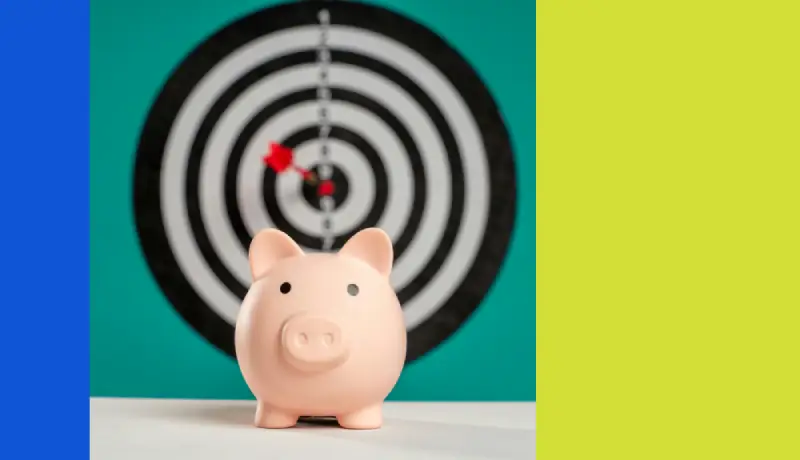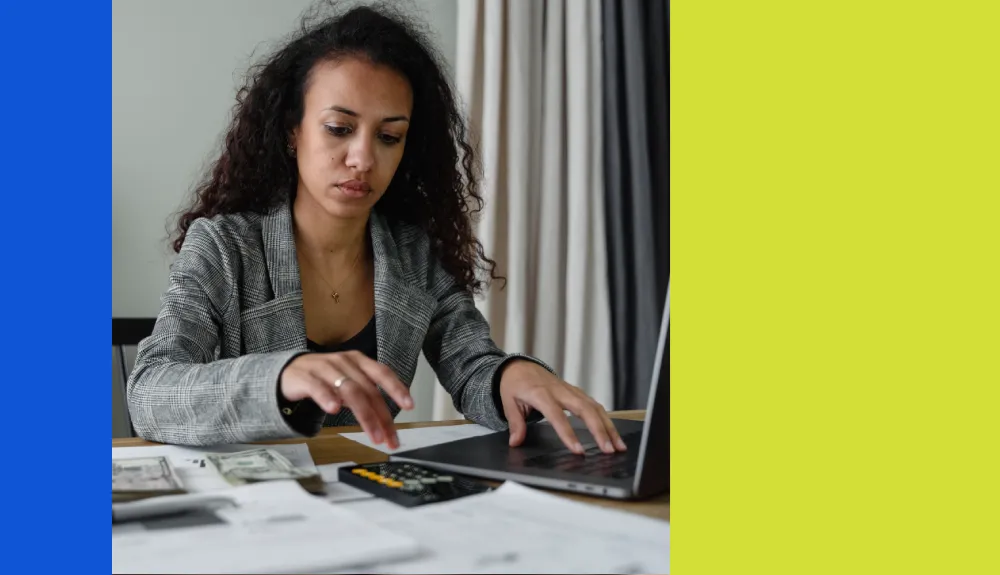Photo by Tima Miroshnichenko
Your first job, first pay cheque, your first spend with your own money, these are all milestones that we remember. The excitement around the first paycheque usually has to do with spending it. That’s a very big part of feeling accomplished and initiating your journey of financial independence and security.
The caveat here is to not get carried away by this euphoric feeling. While spending your hard-earned money is important to establish that you have arrived in life, it is equally important to understand that good financial health and well-being come not just from your present financial security but also establishing – well in advance – your future financial security.
Some of this understanding is indeed experiential. No matter how many words or instructions you hear around it, it’ll be hard to grasp unless you face that uncertain future or even the gravity of having dependents and additional financial responsibilities. This phase in life doesn’t happen for many at the time of their first pay cheque and hence, focusing on spending is a lot more instinctive than thinking about a secure financial future.
However, if you do speak to a rational elder with sufficient life and earning experience, they will tell you that the earlier you begin to think about a secure financial future, the sooner you can actually get there.
Let’s unpack this a little.
What does it mean to have a financially secure future? It means that in the event of adverse or unfavourable future outcomes like inability to earn due to redundancy or even disability, you have enough money saved up to start afresh. It means that to fulfil some of your desires around hobbies and other values which add meaning to your life, you have enough saved up so that you don’t have to rely on your active salary income. It means that you can build assets like your home or buy a car without relying on a large loan or creating a debt burden.
How can you initiate action around creating future financial security? To do this you have to avoid speeding through the enjoyment of current achievements and save some of that adrenalin saved for the future. In others save a little before you spend it all.
Working on your financial future already?
You can enjoy your present and simultaneously work on your future. Ironically, starting your savings and investments journey early when you start earning makes it easier as you can begin with small amounts. The later you start the larger your regular savings need to be to achieve the goal of a comfortable lifestyle.
Understandably, you also want to enjoy your money today. Lucky for you that thanks to technology and also innovation in investments over the last three decades, you needn’t invest with a large capital, to begin with. In fact, you can start your investing journey with as little as Rs 500 (systematic investment plan).
One of the simplest ways to invest is to align yourself with the long-term economic future of your country, namely, India. I say long-term, which is defined as, at least 10 years plus. At the moment, we can safely assume that India’s economy will grow in this period of time. One way to take advantage is to buy into companies which will benefit from the economic growth, simple themes like FMCG companies, infrastructure companies, banks and so on. However, even if you get the company right, you may get the price wrong or that one company may do poorly and go bankrupt five years into your investment.
A better way is to perhaps buy a basket of stocks of some of the top companies in the country. Who picks the companies for the basket and can you trust them? There are fund managers whose job is to create an investible basket of stock from companies they believe will deliver long-term earnings growth in 5,10,15 years. However, you may not know how to pick these fund managers, there are at least three dozen or more out there and some of them routinely deliver below-average returns.
The best way to do this is to buy a basket of stocks which replicates the benchmark equity index in the country, namely either the Nifty 50 or the BSE Sensex 30. The former comprises stocks of 50 companies and the latter has 30. But they are a selection of the largest companies in India, across the most important sectors of the economy, with active investors buying those stocks.
To be fair they will not all be ‘good’ long-term bets, but the advantage of investing in a diversified basket or portfolio, where you have exposure to many companies, is that even if some of them don’t deliver on the potential return you seek, there are others to take up the slack.
What if all the companies fail to deliver? Well, then you have a larger problem because it will likely mean that the Indian economy is failing!!
Coming back to the point, one simple way to invest for your future is to invest in a ready basket of stocks which represent the largest of the largest companies across the different sectors in the Indian economy. This basket mirrors the equity market index, which means there is no human bias in picking stocks and you just go along with the ride that the economy itself is taking. In regular intervals, stocks of companies which are not able to keep up as ‘top’ in their sectors get replaced automatically with others which are doing well as part of the index reshuffling.
But how do I make this investment?
Financial securities which allow you to invest small amounts of money regularly into a portfolio of stocks that mirror an existing market index are called passive funds. These are products that operate under the mutual fund umbrella but are not managed by any fund managers, rather they simply construct portfolios which passively follow what the index does.
It’s done by building an exact replica of the index portfolio with the same stocks and weightages and then packing the product either as an exchange-traded fund (ETF) or an index fund. The difference between the two is mostly around how you can buy and sell them. While the former can be bought and sold only via a broking account and a stock exchange-based transaction, the latter requires you to apply and buy directly from the mutual fund house, just as you would any other actively managed mutual fund.
In other words, if you already have an equity broking account you can go out there and buy an exchange-traded fund mirroring say the Nifty 50, invest your money and leave it there for like 10-15 years or more. Set up a regular investment plan too, where you put in small amounts of money every month. If you don’t have a broking account, log onto a mutual fund distribution platform, look for similar index funds, and set a monthly systematic investment plan. Voila! You’re all set.
These are both very low-cost investment options hence; you needn’t worry about the fees.
In the case of ETFs though, be mindful of liquidity and resultant, impact cost. Liquidity refers to the number of units traded on a daily basis, if the number is low then there is a chance that your buy and sell price could be away from the market value and disadvantageous to you. It may be worth your while to look for large-sized ETFs to begin your investing journey.
What do you get by starting early in this way?
Firstly, you get the benefit of long-term compounding. What this means is that you are setting up an automated investment through systematic investment plans (SIPs), with only a small part of your current earnings being used up. Your present-day enjoyment is not cancelled out and you are investing actively for your future.
Rs 10,000 invested every month for 25 years, at an assumed annualized rate of 10% can grow to a corpus of Rs 1.3 crore. An investment horizon of 25 years is not unreasonable if you begin at the age of 25 years, but wait till you are 40 and things start to get harder as you will need a much higher level of savings to achieve your future financial needs while taking care of your present-day expenses. Moreover, with time not on your side, you will start to feel tempted to take higher risk, expecting a higher payout.
Investing through passive funds and setting up SIPs in them early in life not only allows you to access the growth potential of equity assets in a low-risk way but also, lets you invest very small amounts, to begin with. You can always keep increasing the level of your SIP as your income goes up.
Even if it is your very first pay cheque, you won’t feel the pinch by starting a Rs 1000 SIP, to begin with, but it’s important to start. Without an early start, you are in danger of speeding too much as you reach closer to your destination.
Speed is not good on the roads or in investing, what if you crash and burn? Build wealth slowly and steadily, give yourself the advantage of time and start early.
If you like what you read or want to know more, don’t hesitate to leave us a comment or mail us at [email protected]
Also read:
Not equity returns, it’s asset allocation that matters most

The markets are correcting and that’s no news, but yes, we haven’t seen this sharp a downtrend is a while now.
The pointlessness behind reckless trading risks

Retail traders are rarely able to beat the market. This is what market regulator, SEBI’s study released in July 2024 showed; 7 out of 10 individual intraday traders in the equity have incurred losses in FY2022-23 as per the study.
Equity investing is more reliable than investing in real estate

In a growing economy like India, there are bound to be innumerable stories about how individuals have gained multiple times the value of their investment in real estate.

